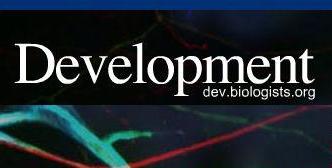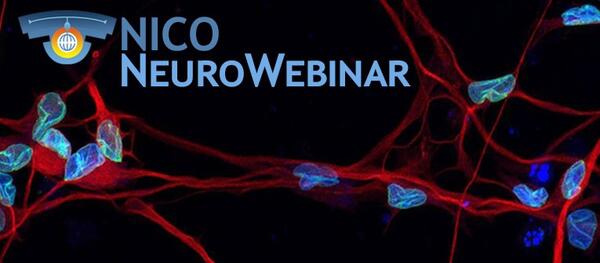
Development, November 2014
Quiescent neuronal progenitors are activated in the juvenile guinea pig lateral striatum and give rise to transient neurons
Federico Luzzati 1,2 , Giulia Nato 1,2 , Livio Oboti 1,2 , Elisa Vigna 3 , Chiara Rolando 2,4 , Maria Armentano 2,5 , Luca Bonfanti 2,5 , Aldo Fasolo 1,2 and Paolo Peretto 1,2
In the adult brain, active stem cells are a subset of astrocytes residing in the subventricular zone (SVZ) and the dentate gyrus (DG) of the hippocampus. Whether quiescent neuronal progenitors occur in other brain regions is unclear. Here, we describe a novel neurogenic system in the external capsule and lateral striatum (EC-LS) of the juvenile guinea pig that is quiescent at birth but becomes active around weaning.
Activation of neurogenesis in this region was accompanied by the emergence of a neurogenic-like niche in the ventral EC characterized by chains of neuroblasts, intermediate-like progenitors and glial cells expressing markers of immature astrocytes. Like neurogenic astrocytes of the SVZ and DG, these latter cells showed a slow rate of proliferation and retained BrdU labeling for up to 65 days, suggesting that they are the primary progenitors of the EC-LS neurogenic system. Injections of GFP-tagged lentiviral vectors into the SVZ and the EC-LS of newborn animals confirmed that new LS neuroblasts originate from the activation of local progenitors and further supported their astroglial nature.
Newborn EC-LS neurons existed transiently and did not contribute to neuronal addition or replacement. Nevertheless, they expressed Sp8 and showed strong tropism for white matter tracts, wherein they acquired complex morphologies. For these reasons, we propose that EC-LS neuroblasts represent a novel striatal cell type, possibly related to those populations of transient interneurons that regulate the development of fiber tracts during embryonic life [ read more - Development ]







